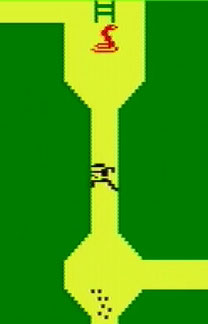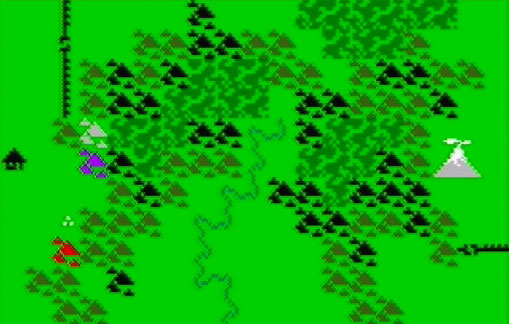- Download:
- MP3 Audio64 MB
 This episode we slither into spring with several tales of serpent shenanigans as well as science (or it’s medieval equivalent).
This episode we slither into spring with several tales of serpent shenanigans as well as science (or it’s medieval equivalent).
This Episode’s Texts:
-
Isidore of Seville. The Etymologies of Isidore of Seville. Translated by Stephen A. Barney, W.J. Lewis, J.A. Beach, and Oliver Berghof with Muriel Hall, Cambridge UP, 2006.
-
The Life and Miracles of St. William of Norwich, written by Thomas of Monmouth and translated by Augustus Jessopp and M.R. James. Cambridge UP, 1896. [Available on Google Books.]
-
Richard de Fournival. Master Richard’s Bestiary of Love and Response. Translated by Jeanette Beer, U of California P, 1986.
-
Simeon of Durham. Simeon’s History of the Church of Durham, Church Historians of England, edited and translated by Joseph Stevenson, vol. 3, part 2, Seeley’s, 1855, pp. 619-711. Google Books.
- Symeon of Durham. Libellus de exordio atque procursu istius, hoc est Dunhelmensis, ecclesie: Tract on the Origin and Progress of this the Church of Durham. Edited and translated by David Rollason, Oxford UP, 2000.
-
Steele, Robert, editor. Medieval Lore from Bartholomew Anglicus, translated by John Trevisa, Alexander Moring, 1893/1905. Project Gutenberg, http://www.gutenberg.org/cache/epub/6493/pg6493.txt.
Image: Snake encounter and world map from the Intellivision game Advanced Dungeons and Dragons.






I love this podcast so much! It has brought me immense joy. I am going back and listening to every podcast from beginning to end. Thank you so much for this.
Snakes for listening. Hah!
In this second installment of our holiday series of excerpts from William Caxton s The Game and Playe of the Chesse, we hear about the layout of the chessboard and what it represents. We also look at some of the games that chess replaced in Europe, including the Roman ludus latrunculorum, the Celtic fidchell or gwyddbwyell, and the Norse tafl or hnefatafl. And finally, we consider different ways in which the board of a board game might be constituted.